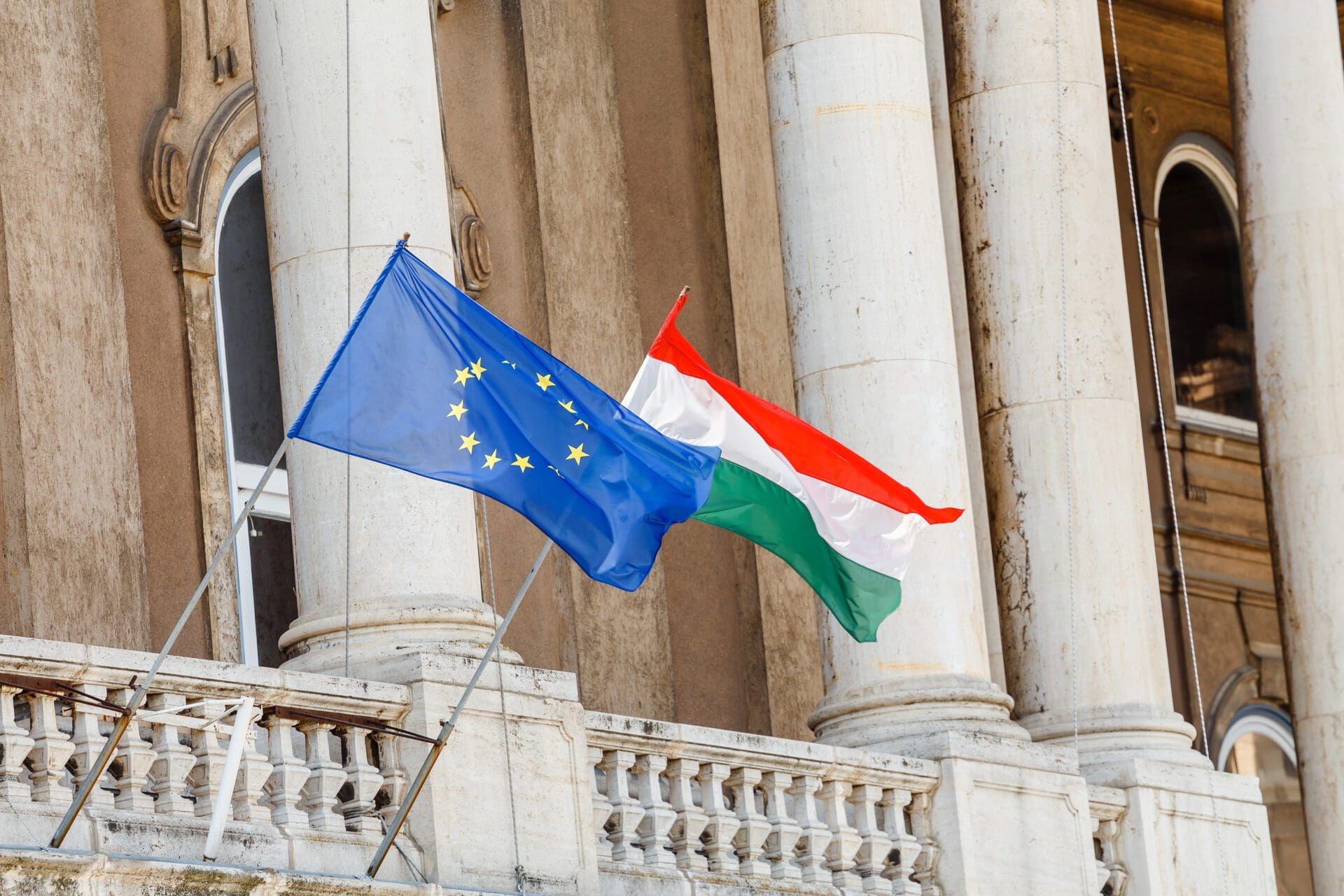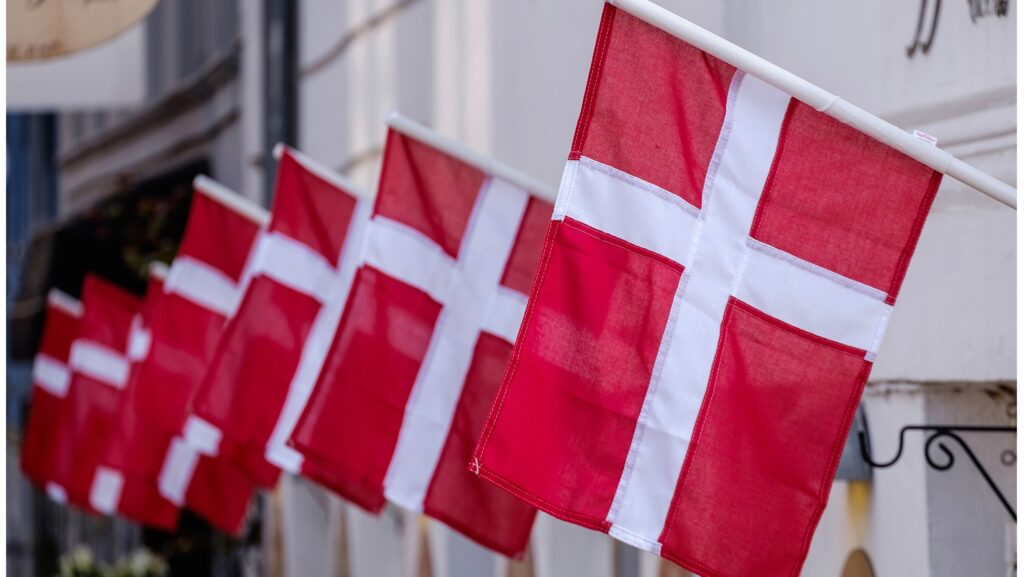When it comes to the question of nationalism and statehood, the policy of Brussels and a common position among Western Europeans today is that they are notions that unnecessarily divide people and are the causes of Europe’s historical conflicts. The Nazis’ dark reign and both world wars are still spectres haunting the continent, and the history of colonialism is a collective shame that mars their national legacies. To prevent a repeat of history, an ideology of a European community espousing egalitarianism and cooperation is championed from the halls of government to academia, business, entertainment, and anywhere else it may find a chance to slip into European life and conversation. For many Europeans, the concepts of nationalism and statehood are the seeds of potential conflict that should be uprooted for the sake a peaceful future.
While nationalism is usually a distasteful concept to Europeans who associate it with their past as actors of oppression resulting from their cultural hubris, those that have been on the receiving end of such oppression have a different view of nationalism. The most obvious example would be Hungary.
For Hungarians, the concept of nationalism is one that champions their identity, culture, and has functioned as their fortress to weather the storms of the region’s history. From both its eastern and the western fronts, Hungary has endured invasions, occupations, forced assimilation and (dis)annexation by the Ottomans, the Habsburgs, the Allies, and the Soviet Union. The endurance of the Hungarian identity through the region’s brutal ‘tug-of-war’ history between the East and West has left its mark on the national psyche, with Hungarians seeing their national identity as a shelter from the region’s geopolitical battles.
These two different perspectives of what nationalism means have set Budapest against Brussels. The now-infamous phrase ‘Hungary is for Hungarians’ has been a lightning rod for both sides of the debate. To the modern pan-European proponent, it is a call back to the divisive ways of nation states, echoing the rhetoric of Adolf Hitler, implying that ‘Hungary for Hungarians’ means that no one else is welcome or respected. For the Hungarians, it means a place to call home and a refuge for the Hungarian identity which has faced destruction numerous times throughout history. Accusations of racism, intolerance, and ignorance have flowed from the West.
There are growing murmurs from Hungarians wondering if their values in fact align with those of the West
Hungary’s membership in the European Union enjoys a supportive majority of the national populace, but there are growing murmurs from Hungarians wondering if their values in fact align with those of the West. EU policies that seek authorities that are conventionally entrusted to national leadership have some Hungarians questioning if they are again facing a larger power that seeks to control them like the empires of old. Many of Prime Minister Viktor Orbán’s policies, such as a strong border protection, opposition to a global tax regime, and continued energy relations with Russia have earned the hostility of officials in Brussels and have brought with it punishments to manipulate Budapest into joining the party line.
Hungary has sought to develop Eastern relations where its Western ones have fallen short. Through dialogue with Russia, it has secured more energy reserves, as opposed to collective rationing it would otherwise face with the rest of Europe. By working with China, it has unlocked capital for infrastructural development rather than wait for the frozen funds from Brussels.
The European Union’s original purpose was avoiding conflict or chauvinistic policies of domination; now it is becoming the agent of those past evils. The European community’s collective paranoia of stamping out any semblance of toxic nationalism has enabled an obsession with taking control of as many functions of the state as possible. Rather than a shelter from the storm of chaos and war as it proclaims to be, and which Hungarians seek, it is instead an origin for regional disarray among Europe’s nations, breeding discontent rather than diluting it. As Hungarian Prime Minister Viktor Orbán has previously said, Hungary seeks relationships of respect, not imperial rulers. To Hungary, Brussels policies are making the EU look more like the latter.
Brussels needs to be smarter in its approach to Budapest. No allies are won through dictation or threats of punishment should policy or outlook differ from one’s own. Hungary has had enough of that throughout its history. Such an approach has actually led to the loss of a member state, the UK or has discouraged possible future ones like Norway. Instead, the EU must demonstrate that Hungary has more to gain by leaning to the West rather than to the East. Should it continue to offer only the options of either hostility or submission, Hungary may believe its future is not with Europe.








